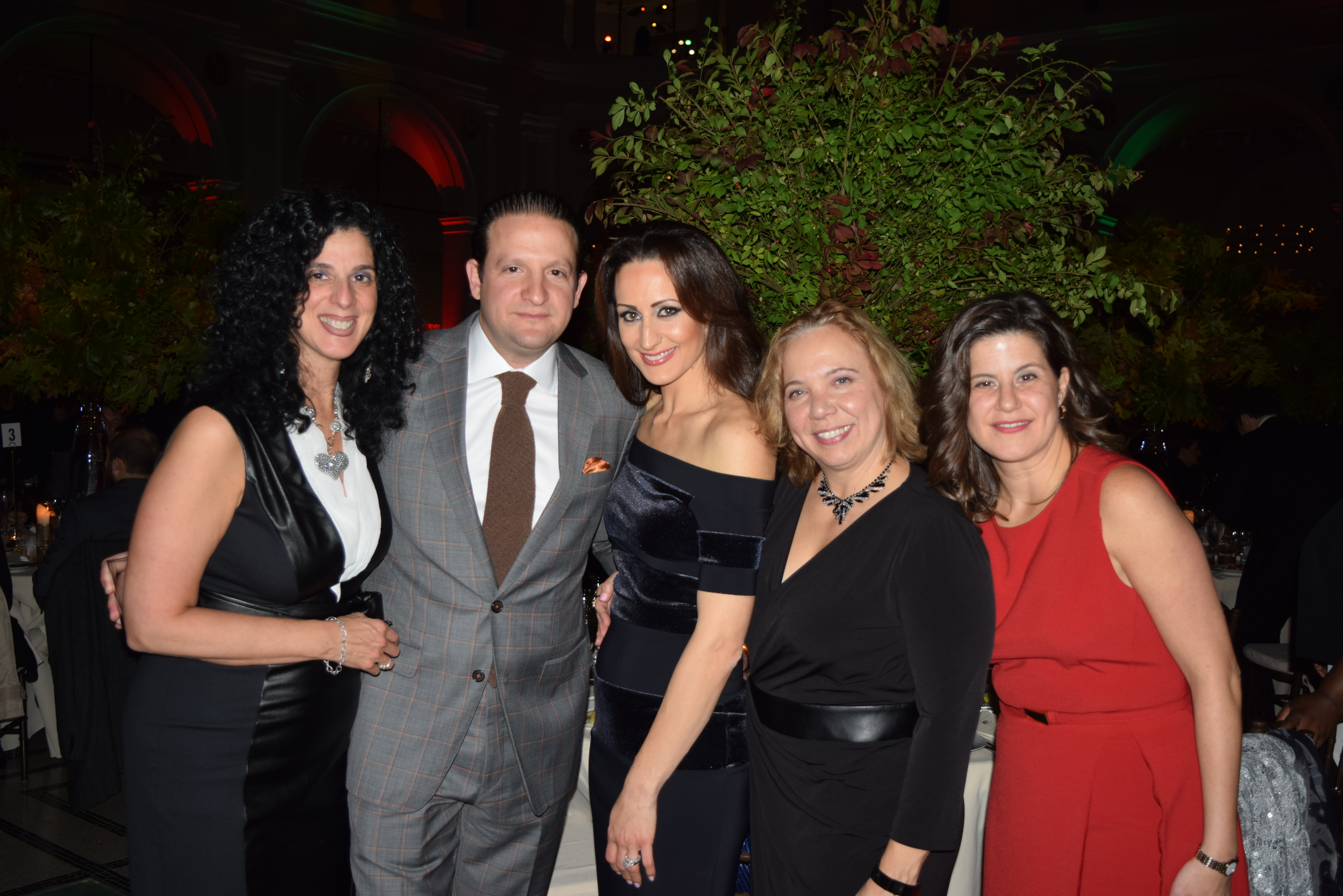Brooklyn attorneys fight to help find therapeutic drug for son’s rare condition
The family is hosting a fundraiser at El Caribe on Nov. 22

When Camille Fortunato first heard the words Williams syndrome she had no idea what they meant, but she was quickly about to become an expert.
Her son Anthony, who just turned eight years old this month, was very sick when he was born, but doctors were unable to determine what the underlying issue was. Fortunato and her husband Stefano Filippazzo took Anthony to see cardiologists, pulmonologists and critical care physicians, but for two years and two months, nobody understood what was wrong with him.
Anthony cried all the time; he would come down with pneumonia; at times, he wouldn’t be breathing. It wasn’t until November 2013 that a doctor diagnosed Anthony with the very rare Williams syndrome.

Brooklyn Boro
View MoreNew York City’s most populous borough, Brooklyn, is home to nearly 2.6 million residents. If Brooklyn were an independent city it would be the fourth largest city in the United States. While Brooklyn has become the epitome of ‘cool and hip’ in recent years, for those that were born here, raised families here and improved communities over the years, Brooklyn has never been ‘uncool’.